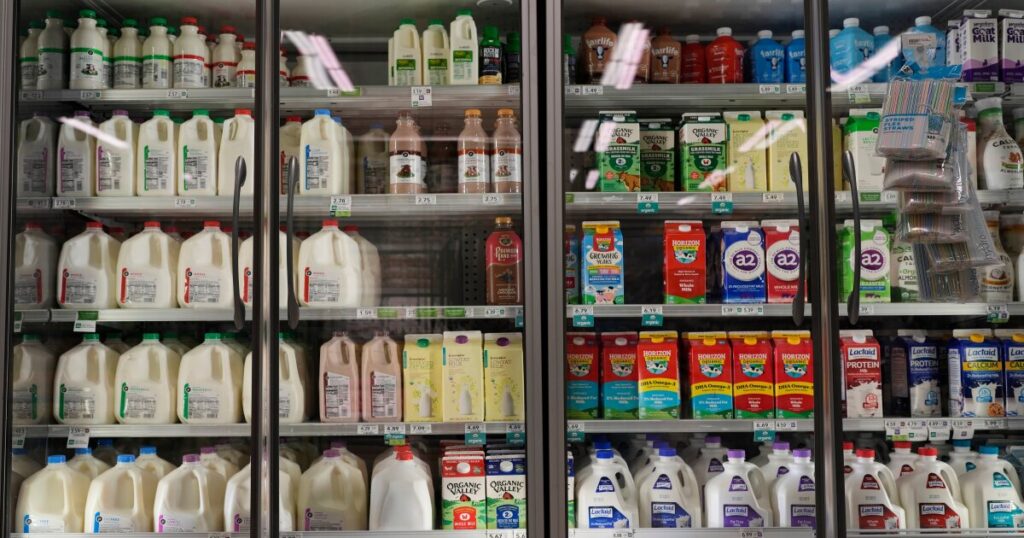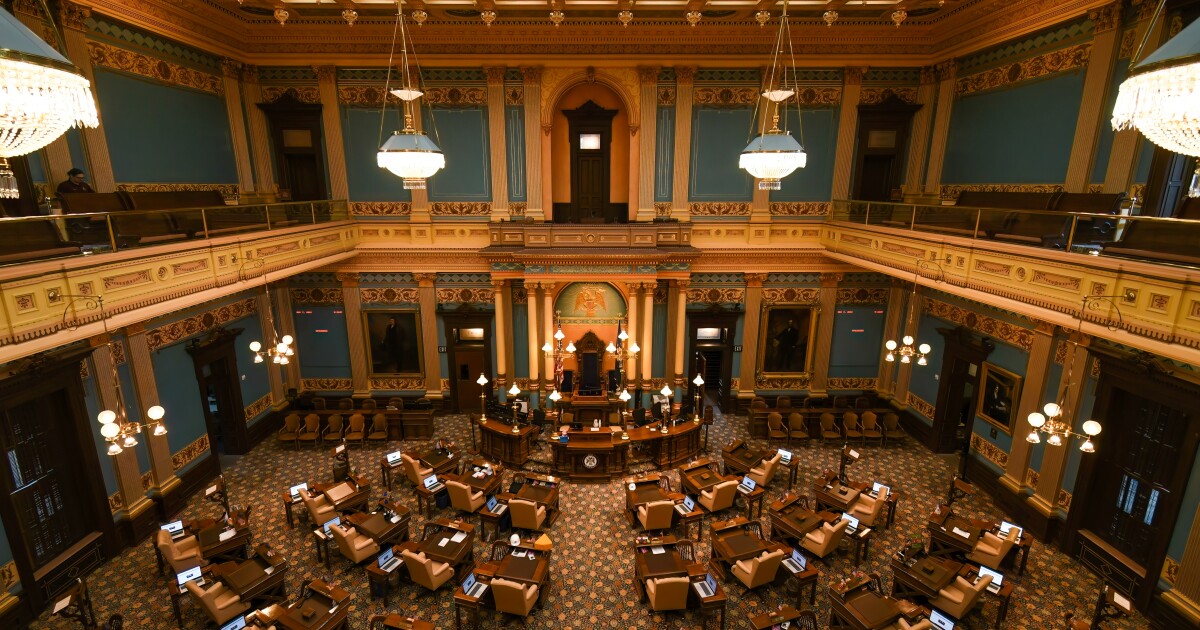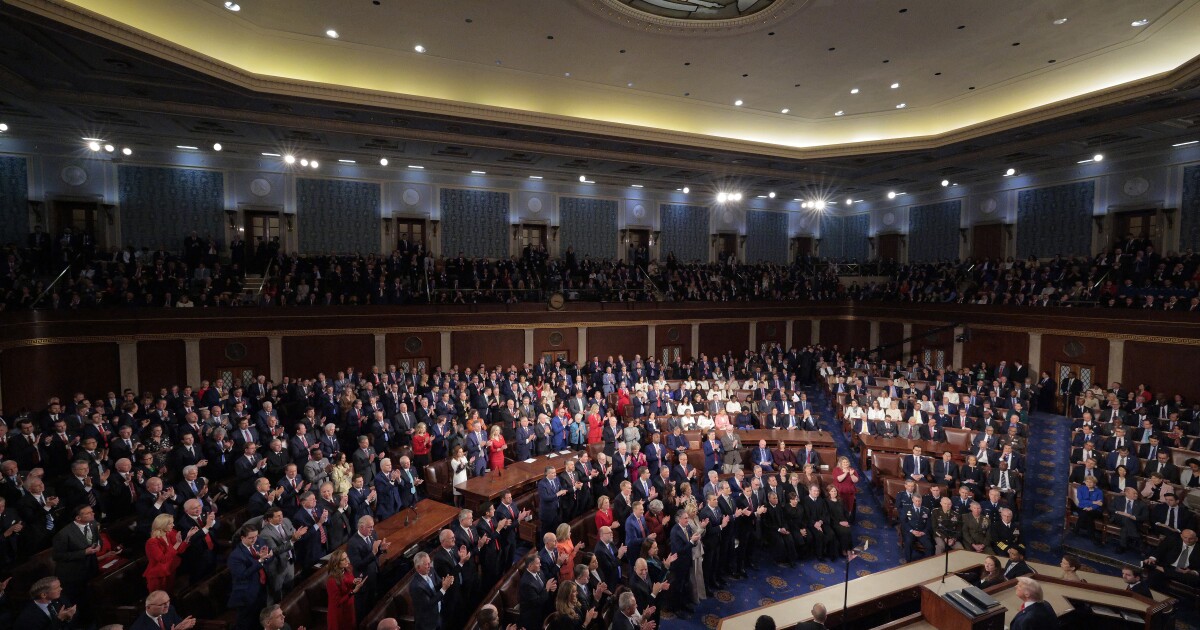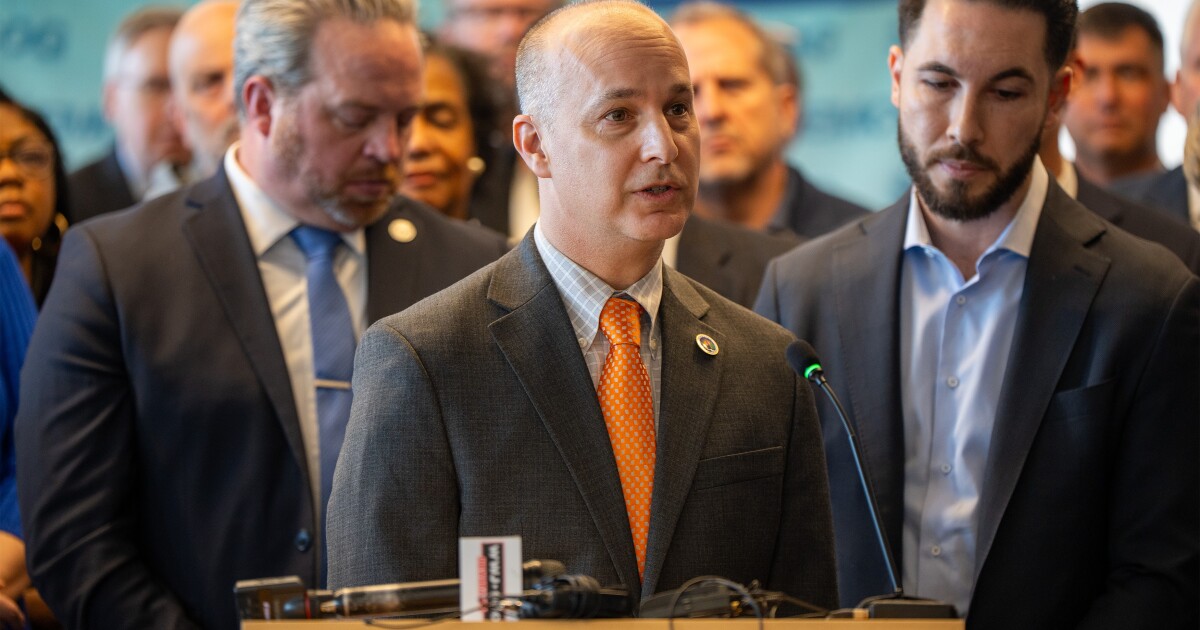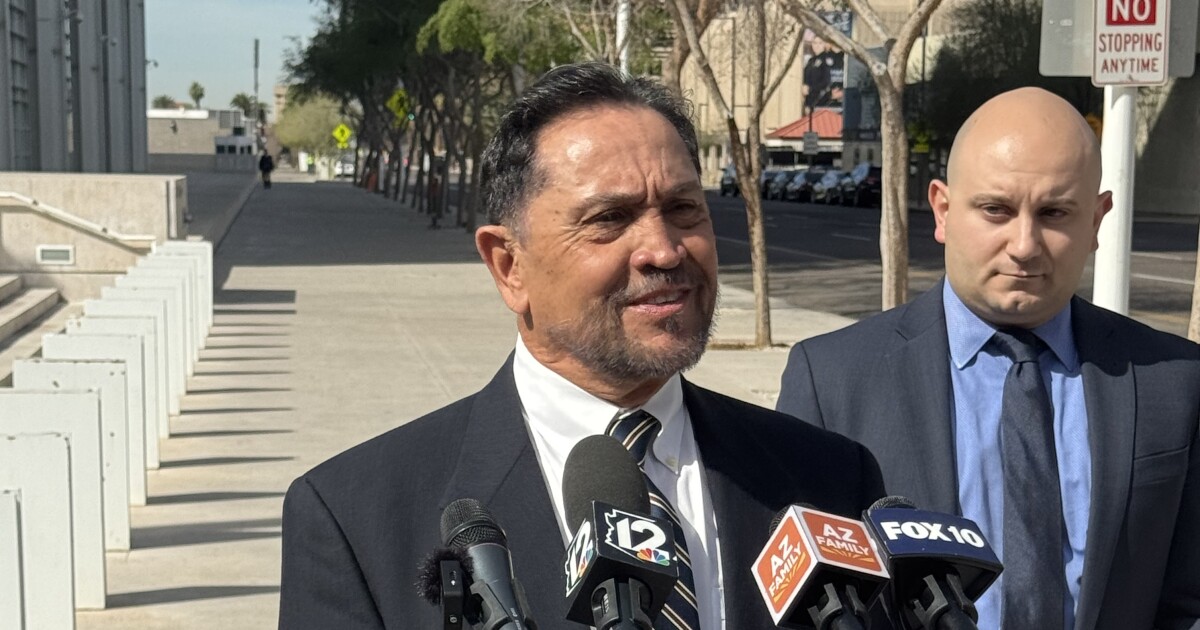Trump Administration Under Pressure to Address SNAP Funding Amid Shutdown
The Trump administration is facing critical deadlines to inform two federal judges by Monday whether it will adhere to court orders mandating the continuation of funding for the Supplemental Nutrition Assistance Program (SNAP) during the ongoing government shutdown. The program plays a crucial role in supporting approximately 1 in 8 Americans, with a monthly cost of around $8 billion nationwide.
Despite the shutdown, the U.S. Department of Agriculture (USDA) had announced plans to halt SNAP payments starting November 1, citing funding constraints. The halt has raised concerns about food security, as many beneficiaries typically receive their benefits at the beginning of the month, and processing delays could impact their ability to access food.
Legal challenges have emerged from Democratic state officials and governors representing 25 states, along with the District of Columbia, who argue that the administration is legally required to maintain the program. Various cities and nonprofit organizations have also filed lawsuits opposing the suspension.
Recent court rulings in Rhode Island and Massachusetts have directed the administration to continue SNAP funding. Judges in these cases have allowed some flexibility regarding whether the program should be funded partially or fully for November.
The USDA has access to a $5 billion contingency fund for SNAP, but the administration previously reversed a decision to utilize this money. Democratic representatives contend that an additional fund of approximately $23 billion could also be tapped to sustain the program.
In Providence, Rhode Island, U.S. District Judge John J. McConnell ordered that SNAP must be funded at least with contingency funds and requested an update by Monday. He emphasized the need to maintain existing waivers for work requirements, which were previously terminated during the shutdown, affecting older adults, veterans, and others.
Similarly, in Boston, U.S. District Judge Indira Talwani deemed the suspension unlawful, instructing the USDA to fund SNAP. She asked the federal government to clarify by Monday whether they will utilize emergency reserves to provide reduced benefits for November or fully fund the program using available resources.
Advocates warn that suspending food aid could force individuals to choose between essential expenses like groceries and other bills. Many states have responded by increasing support for food banks or finding alternative methods to distribute benefits via SNAP debit cards.
Eligibility for SNAP in 2025 requires a family of four to have a net income after specific expenses that does not exceed the federal poverty line, approximately $32,000 annually. Last year, SNAP benefited nearly 42 million people, with families with children making up about two-thirds of the recipients.
Copyright 2025 NPR
—
Read More Michigan News

